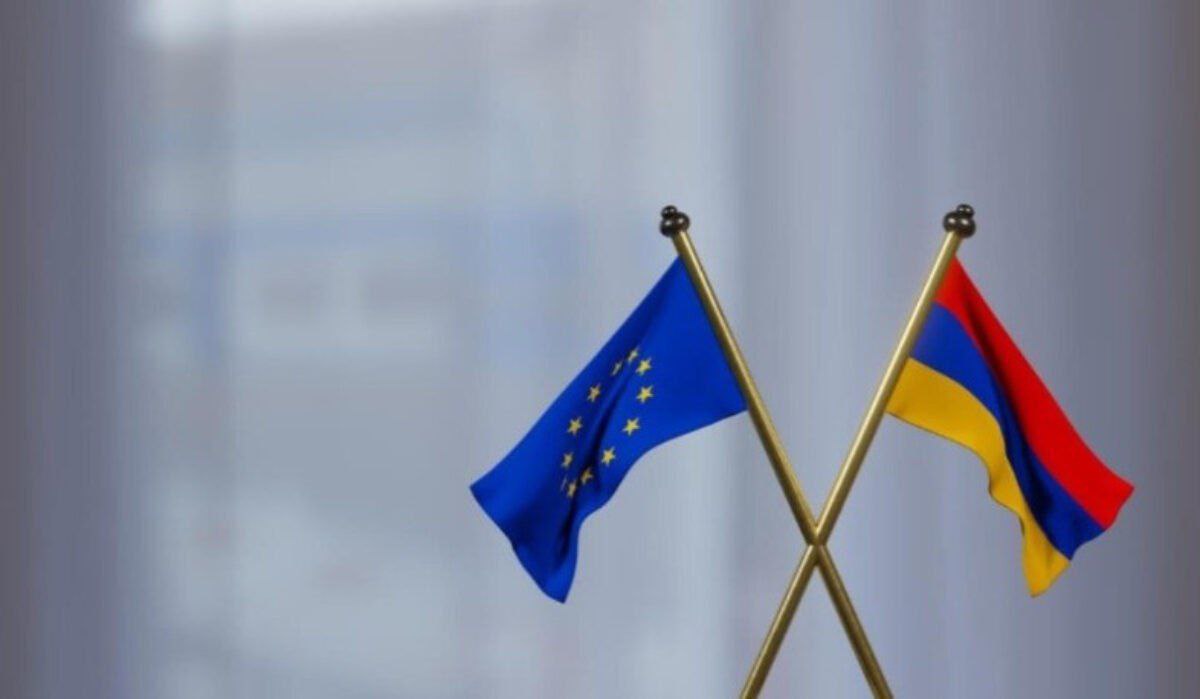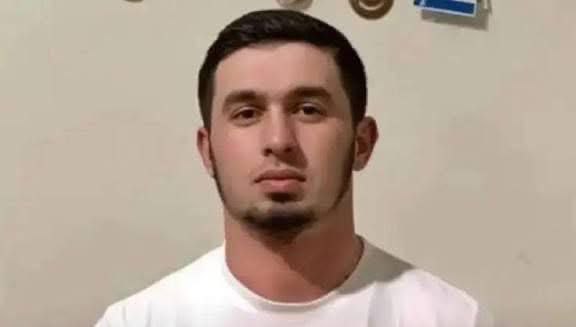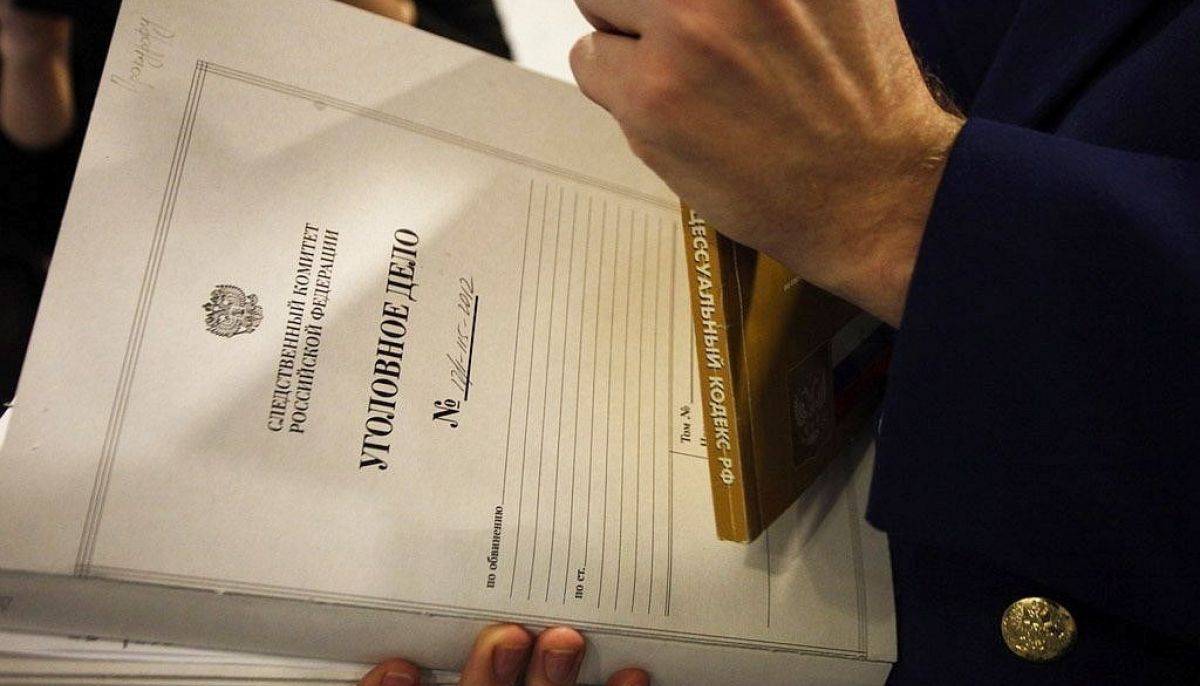A military court in Nalchik found Rinat Kurmanaev and Zalim Bekov guilty of leaving their unit without leave during mobilization and sentenced each to five years in prison.

The trial of the case against Alavdi Batykaev begins in the Southern District Military Court. A native of Chechnya is accused of participating in the illegal armed formations of the "self-proclaimed Chechen Republic of Ichkeria." He is being tried for participation in a gang, an armed rebellion, an encroachment on the life of the Russian military. Allegedly, with his assistance, under the command of Shamil Basayev and Khattab, during the second Russian-Chechen war, 84 servicemen of the 6th company of the 104th parachute regiment of the Pskov airborne division were killed.
According to the Human Rights Center "Memorial", the indictment against Alavdi Batykaev is based on the testimony of "secret witnesses". Four of them claim to have seen him fight Pskov paratroopers on February 29, 2000. Two other witnesses also claim to have seen Batykayev in August 1999 near the village of Serzhen-Yurt at the Kavkaz militant training camp run by Khattab. Two more secret witnesses are Russian security forces, who on March 5, 2000 received "militants" who surrendered near the village of Selmentauzen.
One of the secret witnesses, "Vlasov Andrey Andreyevich", stated in his testimony that he first saw Batykaev in August 1999 in the Kavkaz camp, where he himself allegedly studied military affairs. "Vlasov" knew that the accused's name was Alavdi, but he did not know him and did not maintain any relationship. However, it is doubtful, according to Memorial, that the witness could have seen Batykaev in August 1999 in the camp. In early August, hostilities began in Dagestan, in which Khattab and his detachment took an active part. To do this, they left the camp, which has not functioned since.
Big doubts are caused by the identification protocols of Batykaev by "secret witnesses", who did not know him closely all these years, but saw him only 23 years ago among thousands of other "militants". All four claim to have identified the defendant in the 2023 photographs, who was only seen a few times in 2000.
The secrecy of witnesses does not allow the defense to check whether they are nominees or convicts who testified under duress or in exchange for a change in the conditions of serving a sentence.
The indictment of Alavdi Batykaev stated that he continued to participate in the gang and did not announce his withdrawal from the gang. At the same time, the investigation uses as evidence the testimony of the defendant himself, witnesses and a video recording confirming the surrender of Batykaev in 2000 with weapons to the federal forces. Meanwhile, the reasons why the surrender is not considered as a demonstration and confirmation of his withdrawal from the gang are not substantiated in any way.
According to Memorial, along with the flawed evidence of guilt in the indictment, there is also a series of evidence of Batykaev's innocence. These are testimonies and protocols of interrogation of himself, fellow villagers, acquaintances and relatives. They explained that at the time of the crime charged against him, Alavdi Batykaev had been a civilian. He said that he did not participate in the gang, the armed rebellion and the attack on the Pskov paratroopers and ended up in the same village with the militants who entered it and were surrounded. After that, he took a machine gun from them and surrendered to the federal forces on March 5, 2000, in order to fall under the amnesty.
“More than 20 years have passed since the events of the second Russian-Chechen war. The number of criminal cases initiated in connection with the death of Pskov paratroopers is growing noticeably. They are investigated by the same investigation team, the indictments are very similar to each other. The evidence, taking into account the prescription of years, looks extremely doubtful,” concludes Memorial.



